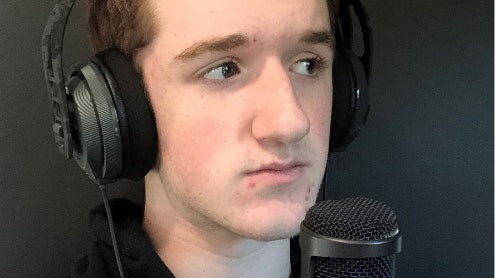Homepage
•
Learning Library
•
Blog
•
High School Theater Pivots to Radio To Keep Performances Going During Pandemic
Expand breadcrumbs
Expand breadcrumbs
- Learning Library
- Blog
- High School Theater Pivots to Radio To Keep Performances Going During Pandemic
- Homepage
- •
- Learning Library
- •
- Blog
- •
- High School Theater Pivots to Radio To Keep Performances Going During Pandemic
High School Theater Pivots to Radio To Keep Performances Going During Pandemic
By Jennifer Snelling
May 5, 2021








